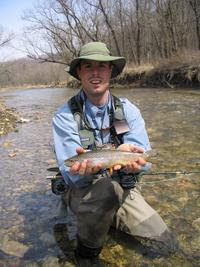Pew Commission Says Industrial Scale Farm Animal Production Poses “Unacceptable” Risks to Public Health, Environment
The current industrial farm animal production (IFAP) system often poses unacceptable risks to public health, the environment and the welfare of the animals themselves, according to an extensive 2½-year examination conducted by the Pew Commission on Industrial Farm Animal Production (PCIFAP), in a study released today.
Commissioners have determined that the negative effects of the IFAP system are too great and the scientific evidence is too strong to ignore. Significant changes must be implemented and must start now. And while some areas of animal agriculture have recognized these threats and have taken action, it is clear that the industry has a long way to go.
Public Health
Over the past five decades, the number of farms producing animals for food has fallen dramatically, yet the number of food animals produced has remained roughly constant. It is the concentration of farm animals in larger and larger numbers in close proximity to one another, along with the potential of IFAP facilities to affect people, that give rise to many of the public health concerns that are attributed to IFAP. Animals in such close confinement, along with some of the feed and animal management methods employed in the system, increase pathogen risks and magnify opportunities for transmission from animals to humans. This increased risk is due to at least three factors: prolonged worker contact with animals, increased pathogen transmission within a herd or flock, and the increased opportunities for the generation of antimicrobial resistant bacteria (due to imprudent antimicrobial use) or new strains of viruses. Stresses induced by confinement may also increase the likelihood of infection and illness in animal populations.
Read more @ Pew Commission.
3/10/09
Subscribe to:
Post Comments (Atom)




No comments:
Post a Comment